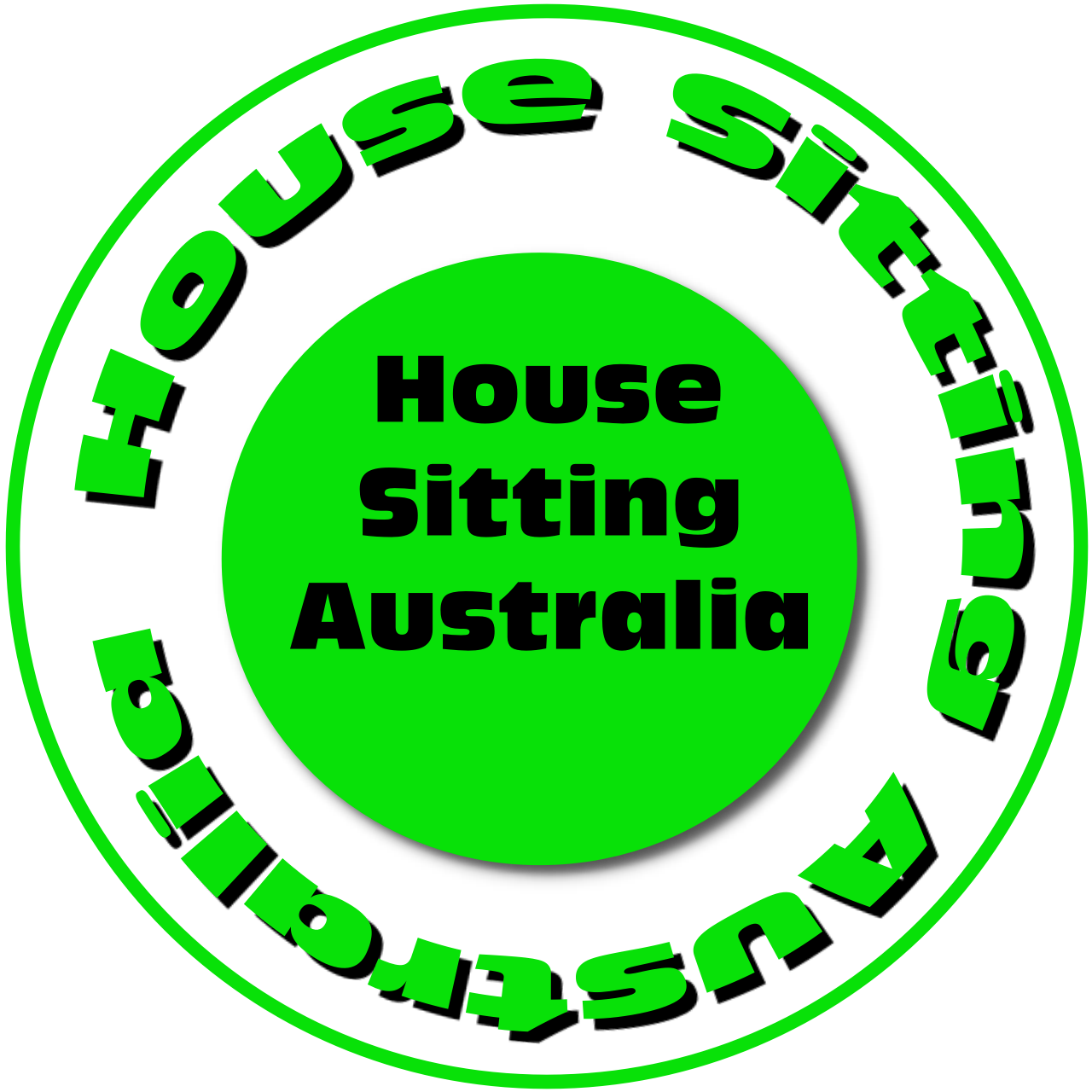Legal Responsibility Considerations for Homeowners Using Unpaid House Sitters: House and Contents Insurance and Public Liability
Introduction:For homeowners considering the use of unpaid house sitters, it's important to understand the legal responsibilities and insurance implications involved. While house sitting can be a mutually beneficial arrangement, it's crucial to address potential risks and ensure appropriate insurance coverage. In this blog post, we will explore the legal considerations regarding house and contents insurance, as well as public liability, to help homeowners make informed decisions and protect their interests.
Understanding House and Contents Insurance:
Check Your Policy:Review your existing house and contents insurance policy to determine whether it covers house sitting arrangements. Some policies may have specific provisions that exclude coverage during the presence of unpaid house sitters. Contact your insurance provider to clarify the terms and conditions.
Notify Your Insurer:Inform your insurance company about your intention to use unpaid house sitters and provide them with all relevant details. This includes the duration of the house sit, the name of the house sitter, and any specific conditions or requirements outlined in your agreement.
Obtain Additional Cover:If your current policy doesn't provide cover during house sitting, consider purchasing additional insurance or exploring specialised house sitting insurance options. These policies can help protect your property and contents in case of any damage, theft, or liability issues that may arise during the house sit.
Addressing Public Liability:
Liability Insurance:Public liability insurance covers injuries or accidents that may occur on your property. While house sitters may not be considered "invitees" or "licensees," it's still advisable to ensure adequate public liability coverage. Consult with your insurance provider to determine the extent of cover needed for house sitting situations.
Liability Waivers:Consider including a liability waiver in your house sitting agreement. This document should clearly outline the responsibilities of the house sitter and release you from any liability for accidents, damages, or injuries that occur during the house sit. Consult with a legal professional to ensure the waiver is valid and enforceable.
Home Safety Precautions:Take necessary precautions to minimise potential hazards within your property. Repair any faulty equipment, secure any potential danger zones, and provide clear instructions to the house sitter regarding safety measures. By maintaining a safe environment, you reduce the likelihood of accidents and potential liability issues.
Conclusion:When utilising unpaid house sitters, homeowners must carefully consider their legal responsibilities and insurance coverage. Review your house and contents insurance policy, inform your insurer about the house sitting arrangement, and explore additional cover options if necessary. Addressing public liability concerns through insurance and liability waivers can provide added protection. By taking these legal responsibility considerations into account, homeowners can enjoy peace of mind while benefiting from the services of unpaid house sitters.
Footnote:
*Please note that if you are engaging a paid house sitter who operates as a business and invoices you for their services or if the house sitter is classified as an employee, additional legal and insurance considerations may apply. It is recommended to consult with a legal professional or relevant authorities to ensure compliance with employment laws, taxation requirements, and appropriate insurance coverage for paid house sitters.
Word Count: 447 words
